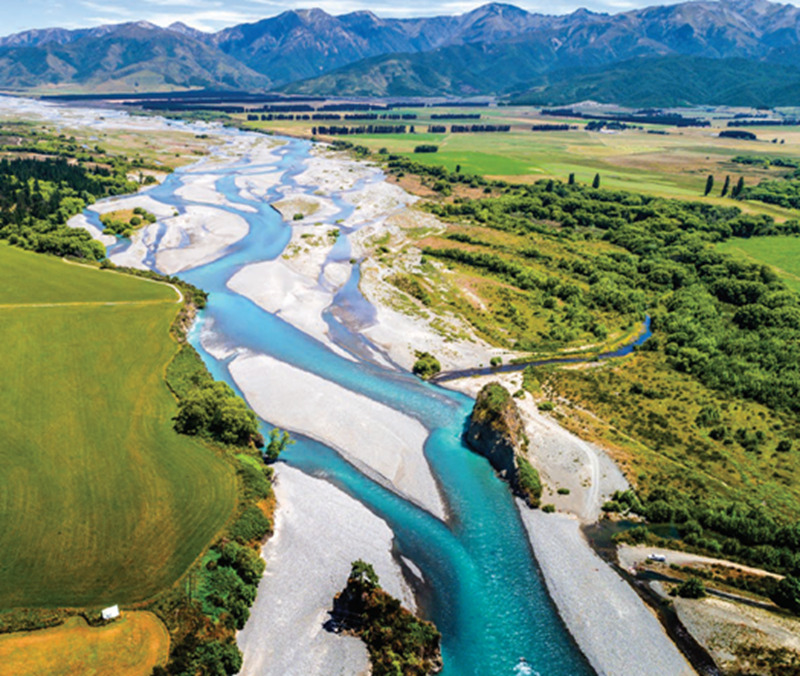Resource Management Amendment Bill – Environment Committee Report
The Resource Management Amendment Bill was introduced to the House of Representatives on 23 September 2019, and the period for lodging written submissions closed on 7 November 2019. Following the presentation of oral submissions, the Environment Committee has now provided its final report to the House and the Bill moves into the second reading stage.
The Bill would amend the Resource Management Act 1991 and the Resource Legislation Amendment Act 2017, and its purpose is to reduce complexity, increase certainty, and reinstate public participation opportunities. It also introduces a new freshwater planning process and seeks to improve existing resource management processes and enforcement functions. It is the first stage of proposed changes to the resource management system.
The Environment Committee’s report covers the main amendments recommended by the Committee and can be found at: https://www.parliament.nz/en/pb/sc/reports/document/SCR_96439/resource-management-amendment-bill. This article summarises some of the key recommendations as they relate to the new freshwater planning process, the new enforcement functions accorded to the Environmental Protection Authority, and the Environment Committee’s proposals around climate change.
Freshwater Planning Process
The Bill introduces a new freshwater planning process into the RMA, which is intended to work in conjunction with the draft National Policy Statement for Freshwater Management. Our article on the draft NPSFM can be found at: https://www.hobec.co.nz/news-resources/2019/september/take-four-draft-nps-for-freshwater-management.
The Environment Committee recommends a series of changes to this process, including to:
- Clarify that where a regional council is satisfied that only part of a planning instrument relates to freshwater, the other parts of the planning instrument will not be subject to the freshwater planning process.
- Ensure that key RMA decision-making provisions are complied with (such as that regional plans must be prepared in accordance with Part 2 of the RMA).
- Allow regional councils to develop alternatives outside the scope of submissions when making decisions that reject hearing panel recommendations which go beyond the scope of submissions.
- Clarify that submitters can appeal to the Environment Court if regional councils reject recommendations of hearings panels which go beyond the scope of submissions (rather than restricting appeals to only matters raised in submissions).
Overall, the Environment Committee does not recommend any changes to the core of the original Bill. A new freshwater planning process is still proposed, merits-based appeal rights are still heavily curtailed, and freshwater hearings panels can make recommendations beyond the scope of submissions.
Environmental Protection Authority
The Bill empowers the EPA to undertake investigation and enforcement functions under the RMA. Amongst other things, this would allow the EPA to intervene and take over the investigation and enforcement functions of local authorities. Alongside a technical amendment, the Environment Committee recommends amendments to clarify that if the EPA intervenes and then withdraws from the enforcement process, local authorities can resume any enforcement action that commenced prior to the EPA’s involvement.
Climate Change
The Environment Committee recommends that the Bill removes statutory barriers to considering climate change in decision-making under the RMA. In 2004, the RMA was amended to prevent regional councils from considering the effects of greenhouse gas discharges on climate change in planning processes or resource consent applications (subject to some exceptions).
Given the evolution of climate change policy, the Environment Committee proposes that the Bill should allow regional councils to consider emission reduction plans and national adaptation plans in planning processes. It proposes that these changes take effect from 31 December 2021 to ensure there is sufficient time to make the necessary policy arrangements.



